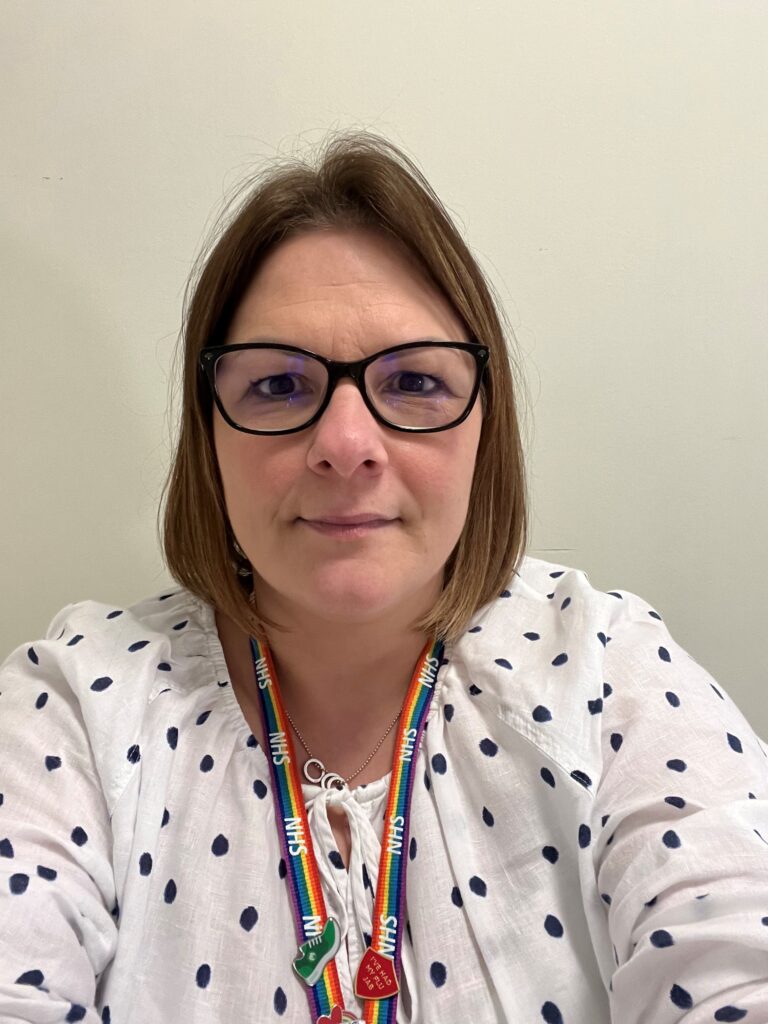What is Perimenopause and Menopause?
Perimenopause is the transitional period before menopause. During perimenopause, levels of oestrogen, a key female hormone, start to decrease. Women may begin having menopause-like symptoms, such as hot flashes or irregular periods. Perimenopause can last for a while but when you go a full twelve months without a period, menopause has began.
Menopause is when a woman stops having periods. It is a natural part of ageing that usually happens between 45 and 55 years old.
The main treatment for menopausal symptoms is hormone replacement therapy (HRT), however not all women need treatment. There are other options available such as holistic/herbal remedies, meditation, mindfulness and many more. Most women will experience menopausal symptoms.
Symptoms can be quite severe and have a significant impact on your everyday activities. There can be signs months or even years before your periods stop and last around 4 years after your last period, although some women experience them for much longer. Menopause means different things to different women. Not every woman will have the same symptoms, and no symptom should be discounted. You can have very mild or extremely debilitating symptoms that are life-altering.
Common symptoms include:
- hot flushes
- night sweats
- vaginal dryness and discomfort during sex
- difficulty sleeping
- low mood or anxiety
- reduced sex drive (libido)
- problems with memory and concentration
Alison Harvey, Head of Research & Development and Family Liaison Officer at Gateshead Health NHS Foundation Trust shares her experience:
“I thought I knew my own body but how wrong was I! I had started to get anxious about going to work, a little bit more anxious every day, every week, every month. I started to think that I couldn’t do my job properly and imposter syndrome set in. I went from being a confident, outgoing and bubbly person to being self-conscious and having little confidence.
I also started to sleep less and less until ultimately, I wasn’t sleeping at all during the night. I would then go to work, and think everything was fine, but knowing that I was struggling, but not understand why. The moment of realisation came one day at work, I hadn’t slept, I was trying to manage my workload, I was at the end of my tether and I just couldn’t see the wood for the trees and I was paralysed with fear, and didn’t know what to do.
A friend at work knew there was something wrong with me and contacted my sister who came and picked me up from work and took me to see the GP. Luckily, the GP listened to me, told me I wasn’t going mad and then explained in depth what my symptoms meant and how we were going to manage them.
The GP asked me to think about my options, HRT or herbal/holistic treatment and come back in a couple of days when I had made a decision. After looking at all of the pros and cons for me, I chose to start HRT and I haven’t looked back. I needed to be able to function on a daily basis, return to my job, and be more like me. The GP saw me every week for six weeks, making sure I was doing better and explaining how to manage long-term with perimenopause.
I started attending the menopause support group, Menopause Warriors, and quickly realised I was not alone, I was in a room with women of all ages going through it. I felt safe and secure to be able to talk about my story and gain support from other members. As well as learning practical tips such as how to cool down at work when having a hot flush (neck fan/cooling gel mats), what apps to use to help you get to sleep and ultimately how to carry on.
I now facilitate the support group with the ethos that if we help just one women to feel better about themselves, give them helpful advice and signpost them to the services they may need then we have done a good job. The Menopause Warriors have been fantastic and we now have over fifty members in the group.
I am also co-authoring the new menopause policy for Trust staff, so they can see what help they can have and what support they should be offered from managers and other colleagues.”

Alison shares some top tips for women going through menopause:
- Talk to someone about how you feel and your symptoms – you never know, the person may also have had those symptoms and have solutions.
- Weigh up all of the treatment options, but ultimately do what is right for you – don’t listen to any negative comments, this is about you.
- Be kind to yourself – give yourself permission to give yourself a break. Do what makes you happy in the first instance- this is a long road.